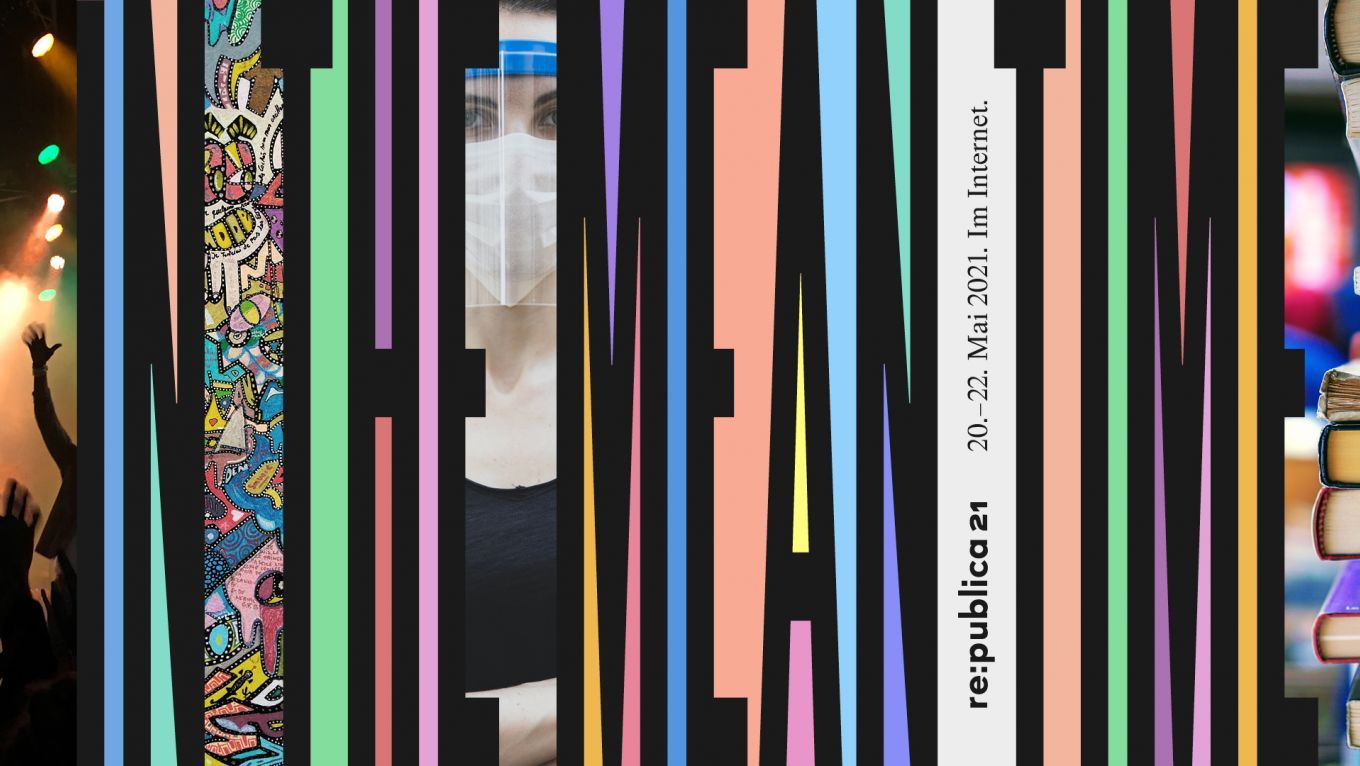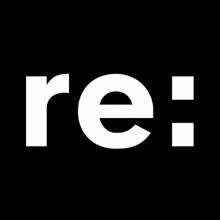Work
The Digital Library: No Robots Allowed!
May 21, 2021
2:40 PM – 2:50 PM Add to calendar
2:40 PM – 2:50 PM Add to calendar
Kanal 2
Asaf Bartov, Shani Evenstein Sigalov, Uri Aviv
Project Ben Yehuda is a digital library allowing access to public domain Hebrew literature, aiming to make a complete archive of Hebrew texts digitally available, preserve it and expose it to new audiences. It is the largest, open and digitized Hebrew library in the world, with no other literary project of similar scope.
While the project promotes digital innovation, it never relied on OCR or any automation of the meticulous, sometimes tedious, work done by hundreds of volunteers.
Why? Join us!
Project Ben Yehuda (PBY) is a volunteer-based digital library and digitization effort, allowing access to Hebrew literature for the past 20 years.
PBY aims to make accessible a comprehensive library of Hebrew language literature for Hebrew readers worldwide, preserve it and expose it to new audiences. It is the largest, open and digitized Hebrew library in the world, inspired by the Gutenberg project, with no other literary non-gov & npo preservation project, world-wide, to reach similar scope.
Complete reliance on volunteer staff, highly diverse but with substantial participation by retired (60+) women, brings with it unique challenges, especially with digital content and a digital work environment - PBY has no offices and all work is done online.
PBY was founded prior to Wikipedia (1999!) but was built on and fosters the same free culture and open source ideals. PBY software is free and available for reuse (e.g. Yiddish!) on GitHub; PBY has no paywalls and no ads - simple public access; PBY enables free-to-download (DRM-free) ebooks, as well as bulk packaging for analysis and offline access.
While the project relies on and promotes digital innovation, PBY does not use OCR or any automation processes in the meticulous, sometimes tedious, work done by its hundreds of volunteers. Why?
The lesson PBY learnt, after examining integration of these technologies several times, is that complete automation end-to-end is impossible. When one automates only some tasks in the workflow, the non-automated tasks become even more tedious, even more monotonous, repetitive, devoid of any human spontaneity, whimzy, connection. The remaining human-volunteer tasks become themselves, robotic.
Uri Aviv will interview founder of PBY, Asaf Bartov. Following a 2-3 min intro we’ll present an interview/conversation about the technical, social and organizational dilemmas of automation in general, the automation of volunteer-work in PBY in particular, with referral to our decentral event.
Additional information
| Type | Statement Talk |
|---|---|
| Language | English |
More sessions
| Pending |
Die Kommission „Arbeit der Zukunft“ der Hans-Böckler- Stiftung hat 2017 Denkanstöße gegeben, um die Chancen der Digitalisierung zu ergreifen und sie durch gemeinsames Gestalten in Innovationen, Lebensqualität und Sicherheit umzuwandeln.
|
| Pending |
Drei Spezialist*innen in ihrem Fach aus dem bunten Haufen BSR über ihren Job, ihren peinlichsten Videomoment, ambitionierte Ziele zum Erreichen der Klimaneutralität, das täglich Brot der IT und einem gemeinsamen Ziel: Berlin sauber halten. Und die Überraschung, die BSR ist oranger als gedacht – nicht nur auf den Straßen von Berlin.
|
| Pending |
‚In The Mean Time‘ Arbeit nochmal neu denken
|
| 5/20/21 |
GIG is proud to have accompanied re:publica along half the way of its journey and in this session three GIG members will say Happy Birthday and share how the event has impacted their work
|
| 5/22/21 |
Wann machen wir Pausen? Wann sind wir am produktivsten? Mit wem arbeiten wir häufig zusammen? Diese Fragen beantworten die von uns am Arbeitsplatz häufig unbewusst produzierten Daten. Mittels sogenannter People Analytics Anwendungen können diese Daten von unseren Arbeitgeber*innen automatisiert erfasst und analysiert werden. Wie also können wir als Arbeitnehmer*innen uns einer Überwachung am Arbeitsplatz entziehen?
|
| 5/22/21 |
Wohlstand aus eigener Kraft zu erarbeiten ist schwieriger geworden. Insbesondere die Generation Baby Boomer fürchtet Altersarmut. Was sind die Ursachen für diesen großen gesellschaftlichen Umbruch, wann fing es an?
|
| 5/22/21 |
Die zwei Makerinnen Emma Eigenbau und Rike Radlader tauchen ab in das Universum der feministischen Raumfahrt. In diesem Infotainment Beitrag wird die eine oder andere Zündung stattfinden. Nur live und exklusiv auf re-publica.tv
|

